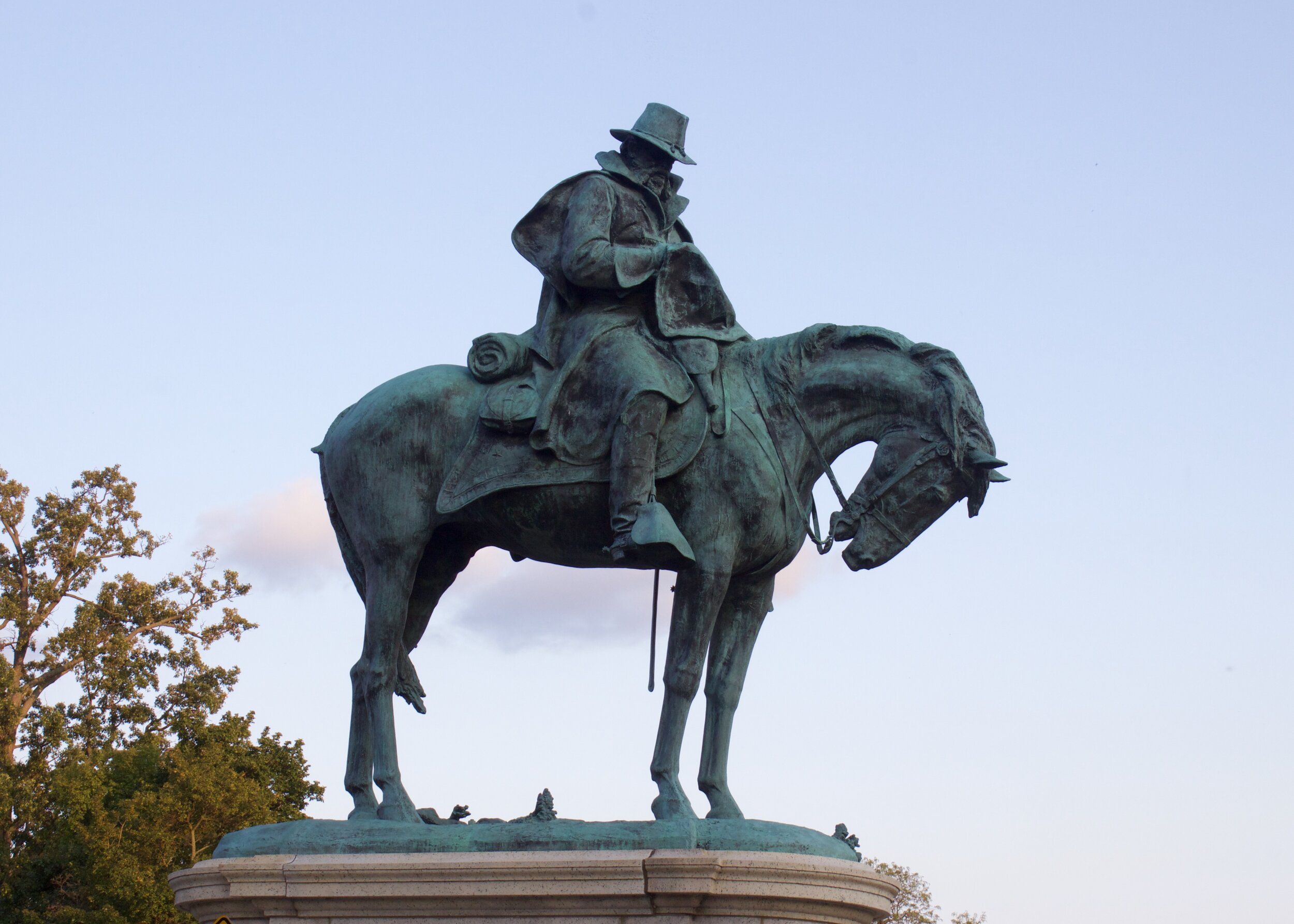Rebel Hospitals, Part 1
Earlier this week, I was contacted through this website by Bill Miller, (William J.), who has written extensively about the war, most of it focused on the campaigns fought in Virginia, where he now lives. For a new project he is working on, Bill was hoping I could supply him with some information about a couple of men who were with the 46th at the Battle of Cedar Mountain, August 9, 1862. The soldiers he mentioned were Cpl. James A. Shipp of Company K, Pvt. John S. Smith, Co. D., and Captain William Foulk, Co. B.
All three of these men were wounded and captured during the fighting that day. From my research in their pension files I knew that. I also knew the nature of their wounds, and the ultimate result. Smith and Shipp were both discharged for their injuries the following winter. Foulk returned to the regiment after a nine-month absence, was promoted, based on seniority, to lt. colonel, and late in 1863 was detached to command a hospital. I had never looked for nor noticed the particulars about the medical treatment they received after the battle, which had to have been provided by the Confederacy.
A total of thirty-three 46th soldiers were wounded and captured at Cedar Mountain. Such was the fate of only one man in each of Companies E, G, H and I, and but two each in Companies A and B. But, Company C lost six, D lost eight, and F seven. The initial rolls listed seventeen additional men as wounded and/or captured who were in fact killed during the fighting or, as was learned when information was exchanged with the rebels, were never accounted for and remain to this day missing in action.
One of the questions that came to mind after talking with Bill was this: how well did these wounded and captured men make out? A total of fifty-seven men in the regiment either died on the field at Cedar Mountain, were missing and never accounted for, or died of their wounds prior to the Battle of Antietam a month later. Of those, eighteen were thought to have fallen into rebel hands. In one case, that was a mistake. Pvt. Franklin Arter of Co. K in fact died in a Union hospital in Culpeper the day after the battle. One other, 1st Sgt. William Gracie, was known to have died at the Belle Isle prison in Richmond on September 4.
As time passed, the powers that be concluded that nine of the remaining number had been killed, but their bodies had gone unidentified. Still, there were seven others who remained “missing.” When the fighting ended on August 9, the Confederates occupied the field. It would be reasonable to assume that as they gathered up the wounded, many of those who were taken behind the lines were very seriously hurt, and that some would not survive. If we also assume that about half of the men later listed as killed or fate unknown failed to make it to the rebel hospitals, then it would also be fair to conclude the other half died either on the way to hospitals well behind the lines or shortly after their arrival. If they were the only member of their unit being transported in a particular ambulance train, their identity would have been easily lost, if ever known. Still, if these seven or eight men were among those who made it to a rebel hospital, it would mean the survival rate of those who got there was over 80%, pretty respectable in an era of poor sanitation and little understanding of infection.
Many of the wounds these men survived were very serious. Captain Owen Luckenbach’s lower left leg was shattered and would be taken off. His companion, Robert Williams, had been shot through the liver. George Hoffmaster had been shot through the side. John McEliece was hit twice, one breaking his right clavicle, the other hitting his left hand. In all, thirteen of these wounded and captured soldiers would be discharged for the wounds received at Cedar Mountain, the last of them in April 1863. Five others served out their original terms of enlistment, while eleven volunteered as veterans in January 1864, and served to the end of the war. Next time, thanks to Bill Miller, we will get a glimpse of the life experienced by these men while they were under the care of the rebels.

